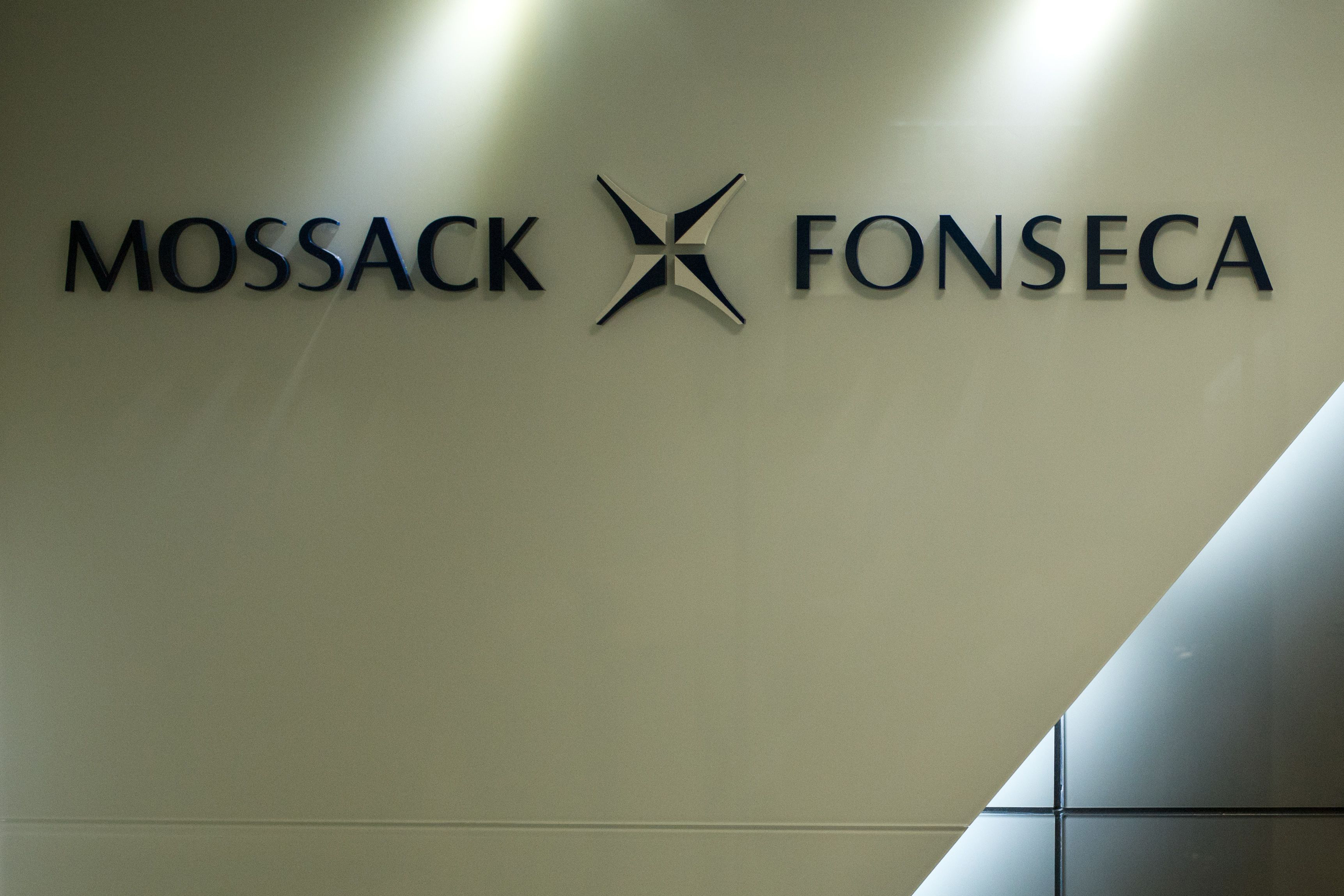
An interesting trivia would be to know how many in Pakistan could map Panama before the global shockwave about offshore hanky-panky reached the South Asian country’s shores. It is probably easier now to spot the Latin American state which has helped the filthy rich around the world stash their goods without much ado for so much longer.
It is important to point out that an offshore account necessarily does not owe its birth to illegal trade or ill-gotten money, but thanks to the wide perception held at home about the alleged corruption of the political elite — particularly, the Sharifs and Bhuttos, the two extraordinarily rich families who have ruled the country by turns — the naming of all three children of the prime minister in the Panama papers has created a furore with demands reaching a fever pitch for judicial investigation to determine how they were able to make and stash incredible amounts of money and buy properties abroad when circumstantial evidence suggests the family was, in fact, passing through a particularly turbulent period after having been exiled by a military ruler.
Interestingly, Hussain Nawaz, one of Prime Minister Sharif’s both reclusive sons named in the Panama papers, appeared in a surprise TV interview about a month or so ago.
In the said interview, which some critics now allege was staged because the Sharifs had reportedly, got wind of the information on offshore accounts trickling out soon, Hussain casually owned up to offshore accounts and even properties in London — charges which Imran Khan, the belligerent leader of the opposition Pakistan Tehrik-i-Insaf (PTI), had long been levelling without much impact. The interview still largely went unnoticed.
The leaks however, have opened up the floodgates with Khan threatening to launch a popular movement against Sharif if he did not form a judicial commission under the sitting chief justice with sweeping powers to investigate the scam.
The Sharifs barely survived Khan’s surge in Islamabad in 2014 with a record 126-day camp outside the Parliament House to protest against electoral fraud the PTI alleged Sharif’s Pakistan Muslim League-Nawaz (PML-N) had committed to deprive it of power the year before. After Sharif’s hand was forced, a subsequent judicial inquiry however, invalidated the PTI’s claim with critics suggesting the party lost the battle on the table with poor framing of terms of reference (ToRs).
The Panama papers — which Khan has described as a “Godsend for the nation” — has rejuvenated him enough to raise hopes of stopping the PML-N juggernaut and reviving the fortunes of his own demoralised party ahead of the 2018 general elections.
There is already friction within the PTI ranks which came out in the open recently, when its vice-chairman, Shah Mehmood Qureshi, launched into his chief’s two closest lieutenants during a party gathering. As a result, Khan had to postpone the disruptive second intra-party polls to focus on the gathering momentum against Sharif.
Mindful of the chain of events in 2014 when the Sharif government had been nearly paralyzed in the sensitive Red Zone housing the federal capital’s power complex, Interior Minister Chaudhry Nisar Ali Khan has banned public meetings outside the Parliament House and also the sprawling F-9 Park, but where the PTI insists it will go ahead with a party convention on April 24. The battle lines are pretty much drawn again.
But just when a rising tide can be sensed from miles in Islamabad, three key figures, who, all hold major roles in how what will pan out in the days ahead — Prime Minister Sharif, PTI chairman Imran Khan and Pakistan People’s Party(PPP)’s head honcho Asif Zardari — have converged on London for different reasons.
In the case of the first two, it is merely a timeout; Sharif is undergoing medical checkup for a heart condition and Khan to raise funds for his Shaukat Khanum Cancer Hospital back home.
Zardari, on the other hand, has been away since flying into a rage last June when he warned the powerful military to stay within its ambit or else “we would tear you brick by tear”. His jibe at the army chief followed the Rangers’ arrest of his close aide, Dr Asim Hussain, on charges of terror funding and corruption. But by the time the ink had dried on his fulmination, the PPP leader had scurried out of the country and has still not returned.
So what’s in store? Most likely, the key to survival for the beleaguered Sharif may again lie with the canny Zardari, who, while extracting his pound of flesh, is widely tipped to just cushion Sharif enough not to let him fall.
The two share a common fear of Khan’s PTI since it is seen as the only real opposition capable of challenging the status quo. The PML-N and PPP had signed a Charter of Democracy back in 2006 that was basically premised in letting the party, whichever of the two was in power, complete its term and stop any third force entering the fray. - Exclusive to Times of Oman
- The writer is a senior journalist based in Islamabad.